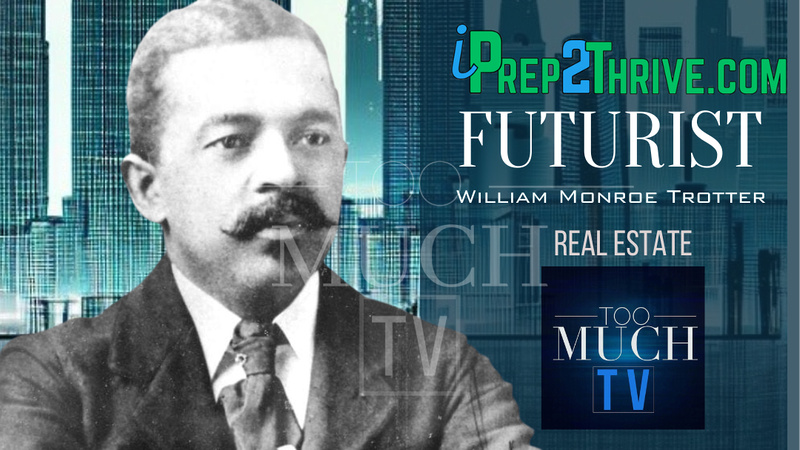William Monroe Trotter: A Futurist Pioneer in the Niagara Movement
Introduction: Early Life and Activism: Founding the Niagara Movement: Key Contributions as a Futurist: 1. **Fighting for Full Civil and Political Rights:** Trotter, much like his Niagara Movement colleagues, was a staunch advocate for the full realization of civil and political rights for African Americans. His futurist perspective envisioned a future in which all citizens had the right to vote, access to education, and equal protection under the law. 2. **Direct Action and Protest:** Trotter was a proponent of direct action and civil disobedience as tools for change. He believed that passive resistance and vocal protest were crucial in challenging the status quo and forcing the nation to confront its injustices. 3. **Championing Anti-Lynching Legislation:** Trotter was a vocal advocate for federal anti-lynching legislation. He understood that the horrors of lynching were a profound stain on America's moral fabric and believed that only federal intervention could put an end to this form of racial terror. 4. **Racial Unity and Global Perspective:** Trotter, like other futurists of the Niagara Movement, recognized the importance of unity among African Americans and their allies. He also embraced an international perspective, seeking support and solidarity from global communities to press for racial equality in the United States. Legacy and Inspiration: Conclusion:
Keywords:
Anti-Lynching,
civil,
community,
education,
equity,
Futurist,
HBCU,
Legislation,
Monroe,
Movement,
Niagara,
Trotter,
William
Comments
No comments posted.
Loading...
|




